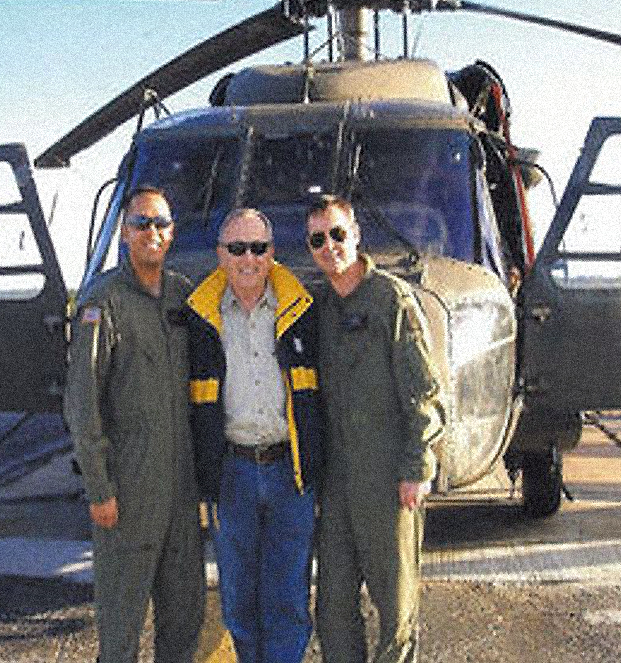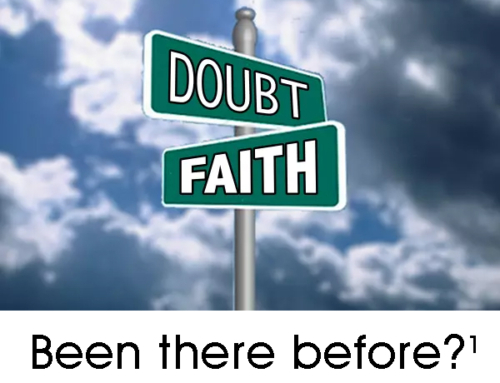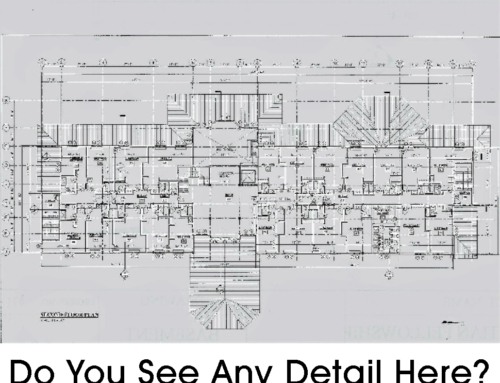General Carl Stiner right, author of Shadow Warriors with Tom Clancy.
If It Wasn’t for . . . No one would be held accountable.
In last week’s Blog we looked at a story that involved a special operations airfield seizure exercise that ended tragically at night on a fore lone island in the middle of the Pacific Ocean. The airfield appeared unoccupied so the Task Force Air Component Commander initiated action to move H-hour forward 15 minutes. Subordinate participants weren’t prepared for this and an MC-130 Combat Talon under blackout conditions landed on an MH-60 Nighthawk helicopter resulting in major injury and tragedy. A few hours later in the Joint Operations Center, there was a time of accountability when the helicopter unit commander entered and asked, “Who made the dumb decision to move H-hour forward?” Who do you think was going to step forward and accept responsibility? That was the question.
Should it have been the helicopter unit commander himself whose helicopter was at an unexpected location on the airfield? No, the plan called for the MH-60 to be on the airfield before the MC-130 was scheduled to land. The crew may have had good reason to make changes. The MH-60 crew could have easily offloaded and repositioned to the planned location in the 15 minutes they expected to be available to them. Should it have been the Army two-star general, the Task Force Commander? Theoretically yes, but he placed his confidence in the Air Component Commander who had the operational picture of all the air movements. So, what about the Air Component Commander?
The Joint Operations Center grew silent when the question was asked, “Who made the dumb decision to move H-hour forward?” It was then that the Air Component Commander stepped forward and said, “I did.”
Accepting accountability for failure is one of the most difficult acts a leader must undertake. There usually are consequences. In this case, there were the many questions during an accident investigation and a hospital visit to see a seriously injured Army Ranger in a cast from head to foot, just to name a few. And to top it off, during the Air Component Commander’s long flight home in a C-141, he was seated in the cargo compartment right alongside the remains of the very MH-60 destroyed in the accident.
But if there isn’t accountability, neither the leader nor the organization can move forward and improve. Because of this accident, during future exercises, the Task Force planned for and practiced situations where H-hour was moved forward.
So, what did these warriors learn? Six years later, during Operation Just Cause to free Panama from dictator Manuel Noriega, it was necessary to move H-hour forward exactly 15 minutes. The Air Component Commander from six years earlier was now the Joint Special Operations Task Force Deputy Commander back aboard an EC-130 ABCCC implementing the Task Force Commander‘s orders to move H-hour forward. The Joint Special Operations Task Force simultaneously struck 27 different targets, all completely successful. Lessons learned from the tragedy six years earlier were successfully applied to achieve the liberation of Panama.
Accepting accountability can be a difficult pill to swallow, but always remember that there is a bigger purpose and many times, second order effects. In this story, the bigger purpose was proven in future combat. The second order effect was relationships, based on mutual respect, that have lasted a lifetime.
You have probably guessed it by now, but the Air Component Commander in this story was yours truly. The Special Operations Joint Task Force Commander was General Carl Stiner, US Army Retired, a godly man and great friend. During the Panama operation, he was the XVIII Airborne Corps Commander and he went on to become Commander of the US Special Operations Command. You’ll find his endorsement on the back cover of my book, Growing and Building. The helicopter unit commander was now US Army Major General, Retired, Lou Hennies, a leader in Army aviation and a lifelong friend and true brother in Christ. These two people were always for me, even when the times were difficult.
Of course, there is ONE other friend whose grace is sufficient, even in the worst of times. No matter the circumstances, He is for you. Just ask Jesus and you’ll find it is not about what you do, but about who you are in Him. But then who you are in Him, will determine what you do.






